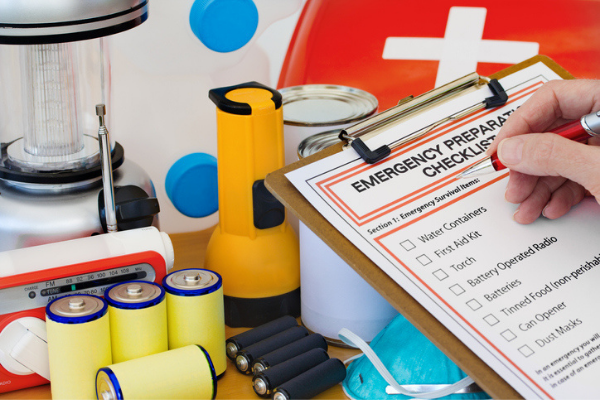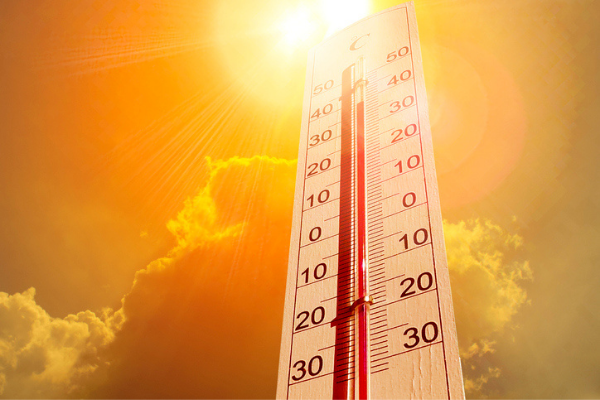
What if? It is a big question. It could mean anything from “what if” your normal route to work is closed due to an accident to “what if” your current location is quarantined due to the measles, flu, or COVID-19 outbreak. Or, what if the power is cut off to your area for more than a couple of hours. The list is long and varied. And, it is something that we don’t think about until something happens. There are some things we do and prepare for out of personal experience, like keeping back-ups of important documents in “a safe” place or giving copies of those documents to a family member or an attorney for safekeeping just in case. Or, backing up your computer.
Many of us have important emergency contacts in our phones or have code words we use with children. Sure, you might have a great first aid kit, and are prepared for the common emergencies for your particular area, like tornados in some parts of the country, or wildfires in others. But, do you have a plan, and does everyone in your household know what the plan is?
Events like the ones we have witnessed bring things like this into focus. Ready.gov, the official website of the Department of Homeland Security, has some great tips and good resources as each household is different. There are only four steps – Step 1 – Identify the information you need. This means how you will be alerted, what actions may be necessary like sheltering in place, evacuation, and personal communication. Step 2 – What are the specific needs of your household? For example, are there particular dietary concerns, medications, medical equipment, animals, children, etc. Step 3 – Develop the plan. And finally, Step 4 – Practice or at least talk through the plan.
There is another preparedness item that you might want to consider, and that is an “if I go missing folder.” This is a document that contains important personal information that can be used to help locate or identify you in the event of an incident. The folder should include things like copies of your personal identification, such as driver’s licenses, passports, dental records, and even fingerprints. It may be a go-to resource for account numbers, passwords, and contact information, that may need to be accessed readily should you become incapacitated.
Unfortunately, most of us put off thinking about and preparing for the worst. But, just like when you get on an airplane, it is part of the flight to go through the safety procedures. We do it at work, at school, and even on vacation. We should also do it at home.
The opinions expressed in this article are the author's own and do not necessarily reflect the view of their employer or the American Chemical Society.
Copyright 2020 American Chemical Society (All Rights Reserved)








